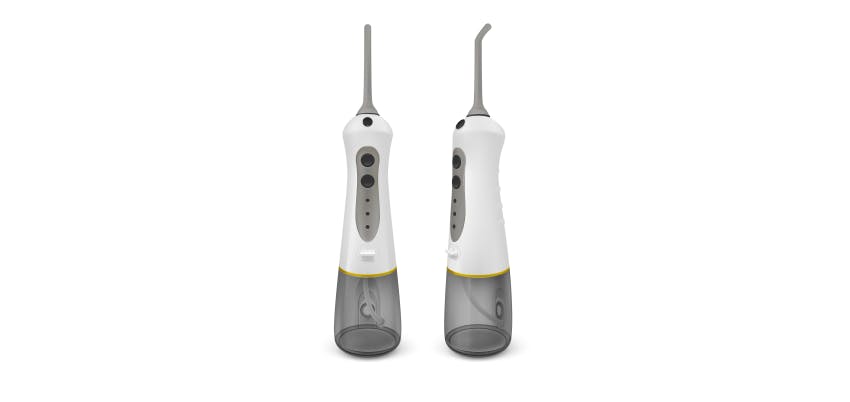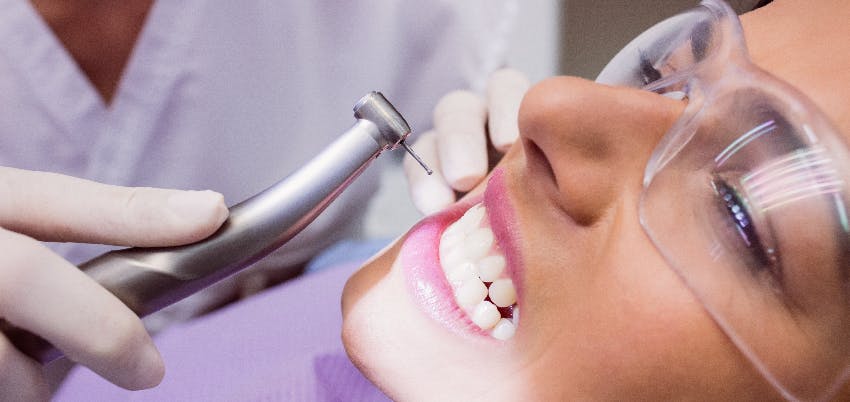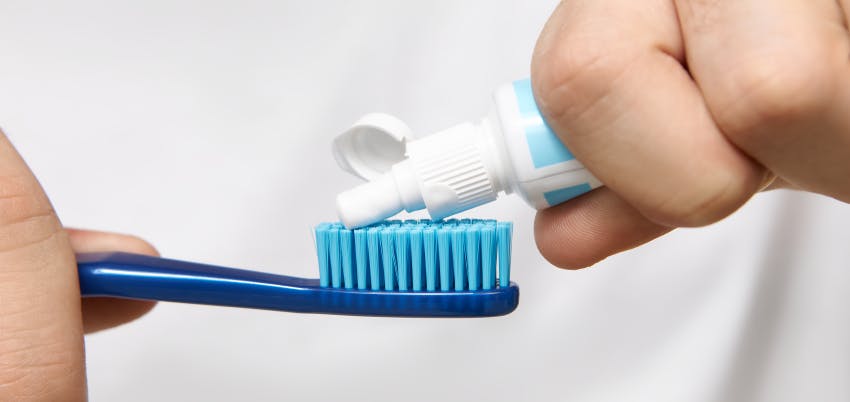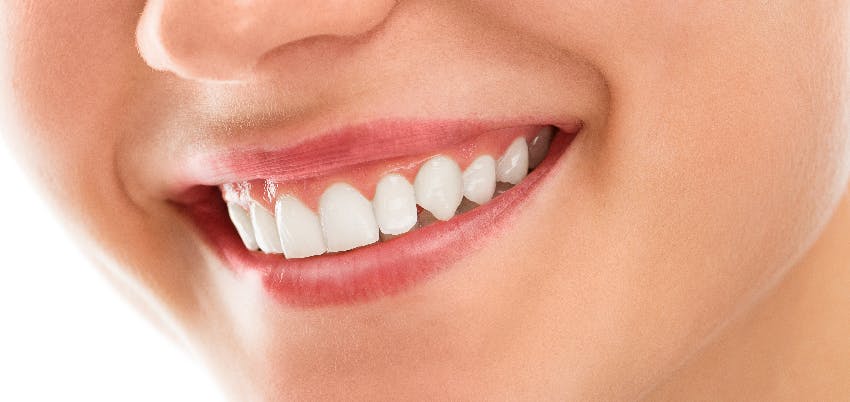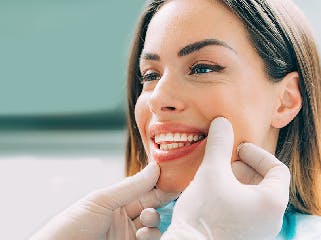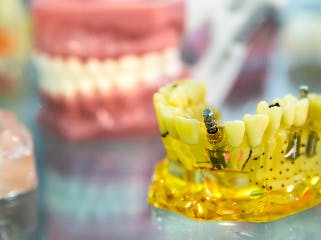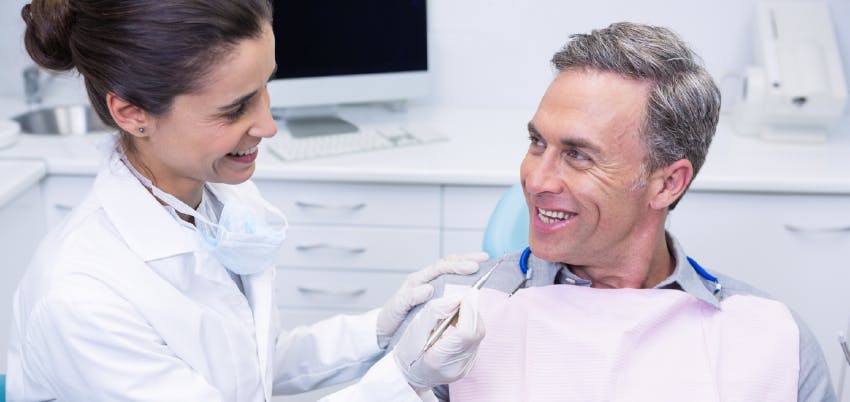
What options do you have to get your teeth back?
by Wildsmile
Many dentists report that many of their patients underestimate the loss of a tooth, thinking that "one is none". However, it is extremely important to replace a lost tooth, since not doing so leads to a set of problems not only of self-esteem, but also functional, that can cause more tooth loss in the future. In this article we will tell you what are the options to replace lost teeth.
Types of dental prosthesis
Nowadays there are several options when we talk about total or partial replacement of teeth and we can divide them into 4 groups: complete, partial, fixed or removable. The complete dental prosthesis, are those that replace all the teeth of one of the arches, the partial dental prosthesis, only replace some teeth. The fixed dental prosthesis are another type that are supported by the neighbouring teeth or the bone. For last, the removable prosthesis are those that can be extracted by the patient himself.
Fixed dental prosthesis
Within this group of prostheses there are different types, such as crowns, fixed prostheses on implants and hybrid prostheses on implants..
Read related entrance: FIXED DENTAL PROSTHESIS: DEFINITION AND ADVANTAGES
Dental Crowns
Are structures made of several materials as metal, ceramic or zirconium, which are supported on the healthy teeth adjacent to the missing pieces, serving as a substitute for one or several lost teeth.
Fixed Prosthesis on Implants
Are titanium screws that are surgically placed in the jawbone, providing a firm and resistant support for the artificial teeth. This allows greater comfort for the patient, as they feel like real teeth, without moving or displacing.
Hybrid Prosthesis on Implants
Are a combination of crowns and fixed prosthesis on implants. This type of prosthesis is ideal when the patient suffers bone decalcification, as these are not only supported by the weakened bone but also helped by the healthy adjacent teeth.
Read related entrance: DENTAL IMPLANTS: BENEFITS
Removable Dental Prosthesis
In cases where it is necessary to recover all the teeth, this type of prosthesis is one of the best options, since it covers all the teeth. There also exists the removable partial prosthesis, which is used when the patient has a partially toothless oral area and not the whole of it. Generally these prostheses are made of resin and sometimes when they are partial, a metal hook is used to place the prosthesis on the healthy adjacent teeth.
Read related entrance: REMOVABLE DENTAL PROSTHESIS: DEFINITION, MANUFACTURE AND HYGIENE
We remind you that it is very important to visit your dentist if you lose one or more teeth. Remember by not replacing the natural tooth, the rest of the teeth can be displaced, causing more problems. Today there are many options to recover your teeth and show off your beautiful smile.
Want to learn more about this?
Contact us
Your contact request is registered. We will contact you as soon as possible.
Lorem ipsum dolor sit amet, consectetur adipisicing elit. Adipisci alias aliquid amet commodi dolor, dolore doloremque dolores fugit quod repellat.
 ENG
ENG
